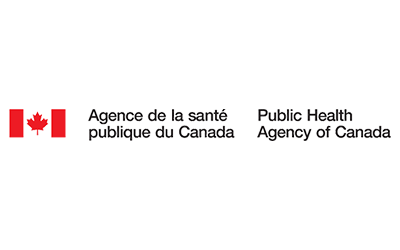Practical tips can be applied to calm nausea during pregnancy. These tips apply to diet as well as lifestyle.
Nausea during pregnancy is a common phenomenon. More than half of pregnant women experience this inconvenience. The cause of this nausea is not well known, but obviously, hormonal changes are involved.
Nausea usually starts before the 9th week and ends around the 12th week. Some women experience nausea up to the 20th week, and in rare cases, throughout pregnancy. While multivitamin, if taken three months before conception, appears to reduce the risk and severity of nausea and vomiting during pregnancy, its intake can also cause nausea.
Before turning to medication or before you stop taking prenatal multivitamins (if that is what is in question), the following tips can be applied for the relief of nausea.
MULTIVITAMINS
If nausea is caused by taking a multivitamin, take it at the best tolerated time of the day, that is to say when there is no nausea.
MORNINGS
When waking up, eat some crackers without drinking any liquid and wait 15 minutes before slowly getting up.
MEALS
Eat several small meals and snacks throughout the day, so that the stomach is never empty. Eat every 2-3 hours. However, avoid fatty foods and fried or spicy foods, as they delay digestion, which can exacerbate nausea. Finally, avoid lying down immediately after a meal or otherwise lie at 45o only.
ODORS
If there are unpleasant odors that accentuate nausea, open the windows, ask someone else to cook if possible and stay away from the kitchen. The smell of lemon and ginger can however calm nausea. Do not be shy to directly sniff a lemon or a piece of ginger! Finally, cold meals (cold salads, peanut butter or cheese sandwiches) produce fewer odors, so they may be favored instead of hot meals.
LIQUIDS
Drink small amounts of liquids throughout the day. Avoid drinking 30 minutes before and after a meal.
LIFESTYLE
Get plenty of rest. Do not hesitate to take naps because fatigue can increase nausea. Spend time outdoors to “get some fresh air” and avoid excessively hot places or secondhand smoke. Do not brush your teeth during the period of sickness.
If nausea persists, intensifies or brings severe vomiting, it is strongly advised to consult a doctor or a pharmacist. It is not recommended to turn to natural products because their safety in pregnancy is not yet established.






